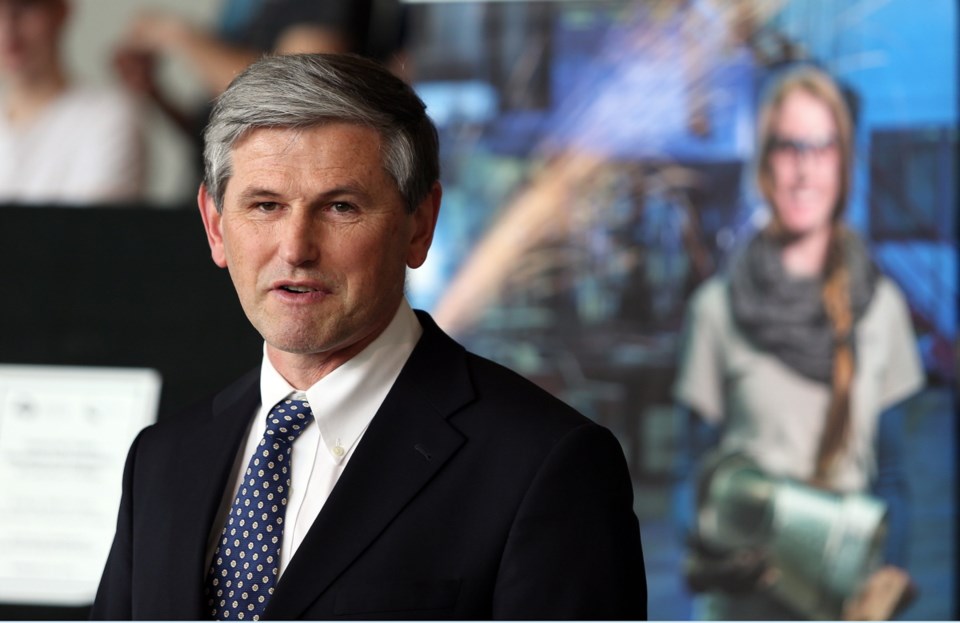The NDP accused the B.C. government Thursday of helping colleges and universities “sneak” past the province’s two per cent cap on tuition increases.
Opposition critic Kathy Corrigan claimed that the Ministry of Advanced Education advised post-secondary schools last year that they could get around the cap on existing costs by introducing “new” mandatory fees.
Vancouver Island University and North Island College have both announced new fees in recent months, as have other schools across the province.
Students’ unions at the two Island schools both say the new mandatory fees, when combined with regular tuition and other fee increases, will boost overall costs for full-time students by more than six per cent, or three times the cap.
“I think the ministry decided that they were going to tell colleges and universities around the province that they could break the rules,” Corrigan said.
“Instead of being straight and saying to students and their families: ‘We are going to ditch the two-per-cent tuition cap,’ [they’re] trying to sneak mandatory fees in all over the place.”
The NDP backed its claims by releasing a November newsletter, signed by North Island College president John Bowman, in which he states that “earlier this year, the ministry advised B.C.’s colleges they had a new interpretation of the Tuition Limit Policy which enables institutions to implement mandatory student fees.”
Bowman could not be reached for comment. The ministry said in a statement that there is “no new interpretation” of the policy, although the ministry does provide clarification on the policy’s application from time to time.
North Island College subsequently approved a $5-per-credit learner resources fee that will cost a full-time student about $150 a year, the North Island Students’ Union said.
Vancouver Island University announced a new $6.27-per-credit student services fee that will cost a full-time student about $188 a year. The student union said the new fee, combined with tuition and other fee hikes, will boost a student’s yearly costs by 6.5 per cent.
Advanced Education Minister Andrew Wilkinson denied the new fees are being used to get around the provincial cap on tuition increases. He said the new mandatory fees are only permissible where there is a “clear, enhanced benefit to students” such as creating a career placement office or a health and wellness program.
“We’re keeping a very close eye on this to make sure the institutions can justify the fees, because the fees are not permissible where an existing program with an existing cost structure has an existing fee arrangement,” he said. “It has to be a new benefit to students to justify a new fee.”
North Island College said its new learner resources fee will support new services, such as a learning commons, expanded counselling, leadership workshops and recreational activities.
Vancouver Island University said its student services fee will be used to expand mental health services, support students with disabilities, provide new opportunities for “real-world learning experiences” and give students access to a technology lending library.
Connie Graham, of the Vancouver Island University Students’ Union, said the school has been unable prove that it is doing anything new.
“We can’t see that benefit clearly demonstrated from what the institution has been giving us,” she said. “Also, they don’t appear to be for new services. They’re claiming them as new services, but what they describe we already have. It’s expansion, not new.”
Graham said the university is simply trying to make up for the lack of money it receives from the province. “They’re getting funding cuts more and more. They’re trying to find a way around it. It’s yet another user fee. It’s things that should be publicly funded being offloaded to students.”
Tori Klassen, communications director for the university, insisted the new fee will fund services that never existed before. “If we hadn’t been able to have the revenue generated from the fee, we simply would not have been able to offer those services,” she said.



